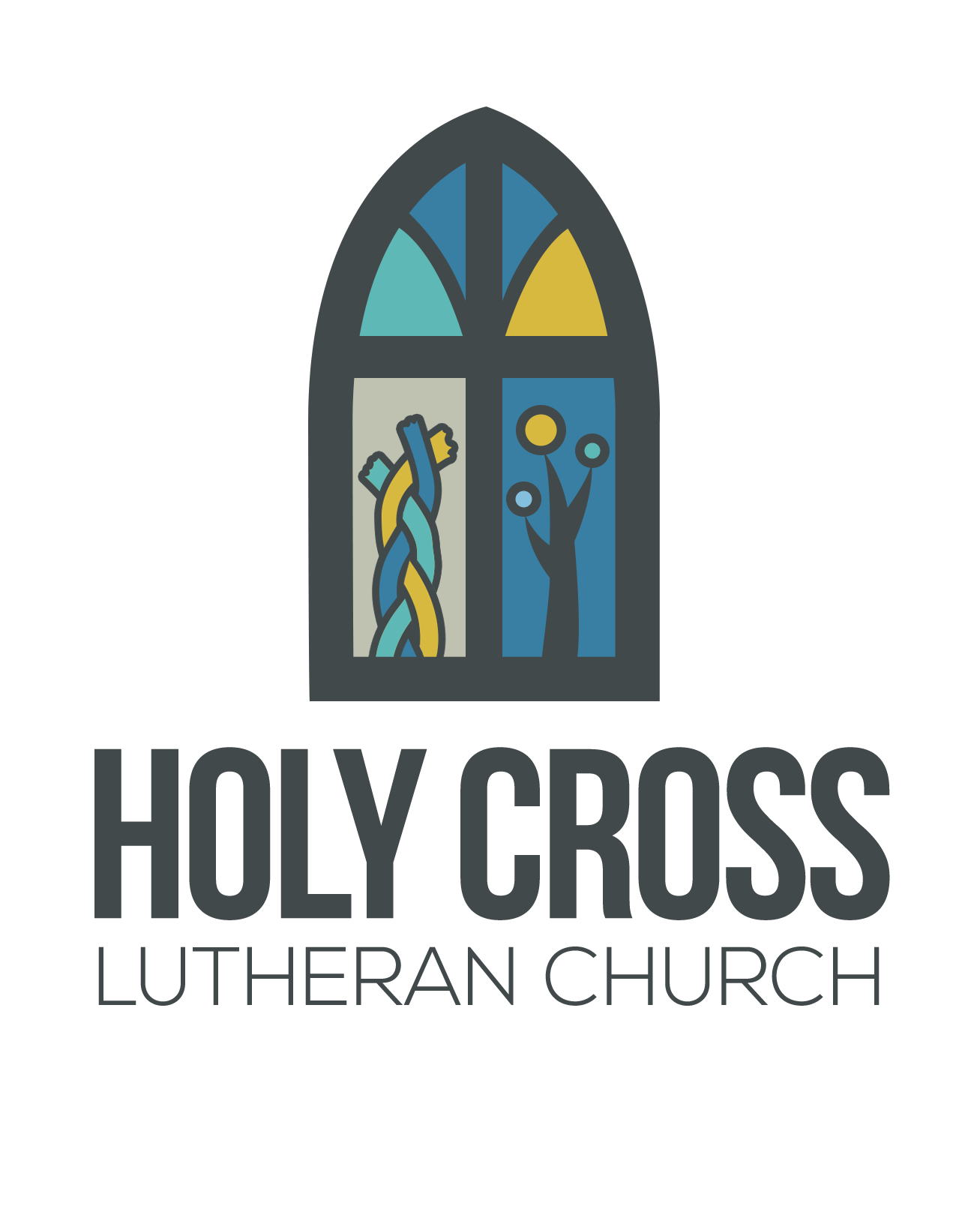“A Month to Consider the Strength of Love”
Midway through this month sits a day that should not pass unnoticed, not this year. Martin Luther King Jr. Day. Yes, each year we commemorate it by giving kids a day off school, by a little extra attention to the history of the civil rights movement in America, and by remembering King as one who once had a dream.
This year, after firestorms of protest in urban centers across our country over racial inequality and after those public forums fueled further heated disagreements on Facebook accounts and around the kitchen tables of ordinary people like you and me, we should pay special attention this MLK Day. We should pay special attention, not to MLK as a person, a hero, but to the prophetic nature of his message. It is prophetic because it speaks to us today, just as it spoke sixty years ago. It is truly prophetic because in it is the call of Christ himself.
First, lets set the stage for his message. In King’s day people were agitated. The nation sat on a razor’s edge, not just about civil rights, but about communism and the threat of nuclear war—recall the Cuban missal crisis—-about whether and to what extent the U.S. should be involved in war in southeast Asia—we were still smarting from Korea, and about the second wave of the feminist movement—more volatile in voice than the first. Aggressive opinions and combative stances left lines in the sand on all sorts of issues and those on the other side of the line (whichever side one stood on) were vilified. MLK saw it among the people for whom he spoke. Leaders like Malcolm X, Bobby Seal and Huey Newton (who started the Black Panthers) held strong appeal with their militant call to black power. MLK by contrast sought to follow the way of Christ.
More so than any other moment in my lifetime, it seems to me that we’ve arrived at a similar or even a finer razor’s edge in our nation. On topics like racial equality, law enforcement, public health, immigration, climate care, and so many more we stand vehemently divided. Everyone feels justified in calling for retaliation and retribution on account of the evils of someone else. Few speak words of love and forgiveness.
So into our day Martin Luther King Jr. still speaks. “The potential beauty of human life is constantly made ugly by man’s ever-recurring song of retaliation,” he said. While militants spoke of courage, King’s posture of love enacted true courage along with uncommon endurance. He said, “If our white brothers are to master fear, they must depend on the Christlike love that the Negro generates toward them.” He not only spoke of, but followed in the way of Christ himself who “loved [his] enemies and pray[ed] for those who persecuted [him]” (Matthew 6:44). King invited people to say to their fiercest opponents: “We shall match your capacity to inflict suffering by our capacity to endure. . . . we shall win freedom, but not only for ourselves. We shall also appeal to your heart and conscience that we shall win you in the process.” These were not just words for MLK, he endured twelve jail stints, a near fatal stabbing, two house bombings, and endless death threats all before losing his life to a bullet fired in hatred by one of the very people he sought to, and taught others to, love.
Again, I say this not to venerate MLK, but recognize in his words and actions the call of Christ upon us all. “Love one another, as I have loved you,” Jesus said (John 15:12). Jesus loved even his bitterest opponents and won many of them in the process. Indeed Paul says that was true of each of us, we were his enemies, yet he loved us! (Romans 5:8-10).
When Black Lives Matter vs. All Lives Matter protests erupted last summer. It was easy for us to discount the whole issue on account of the militant stance of protestors who identified with one side or another. It was also easy for those of us who enjoy places of privilege in this society to dismiss the issue as if racism is not a part of our lives and no longer exists in our social sphere. Yet again MLK’s words hearken us to recall that, “Nothing in the world is more dangerous than sincere ignorance and conscientious stupidity.”
Did you know it was through the churches across Germany who embraced the Aryan clause in the 1930’s that the Nazi’s drew credence and popular support for their later Nazi racial horrors. Similarly Caucasian Christian churches perpetuated the racial segregation in America, prior to the civil rights movement, even our own church body the LCMS. Isaiah’s prophetic voice called out “Woe to those who call evil good and good evil, who put darkness for light and light for darkness” (Isaiah 5:20).
King said this of a person: “Though the evils of sensuality, selfishness, and cruelty often rise aggressively in his soul, something within tells him that they are intruders and reminds him of his higher destiny.” That something within is the Spirit of our God pointing us to the words and ways of Jesus our Savior. Paul reminds us, 1 Thessalonians 5:9, “God has not destined us for wrath, but to obtain salvation through our Lord Jesus Christ.” So also our destiny is not wrath, but to share his salvation. It’s a task that can only be accomplished through love, courageous enduring love. The first act of love is to listen.
If you want to listen more to what MLK had to say, I highly recommend his collection of sermons called, “Strength to Love” published by Fortress Press, 2010, all the quotes in this article came from that collection.
In Jesus,
Pastor Mike
